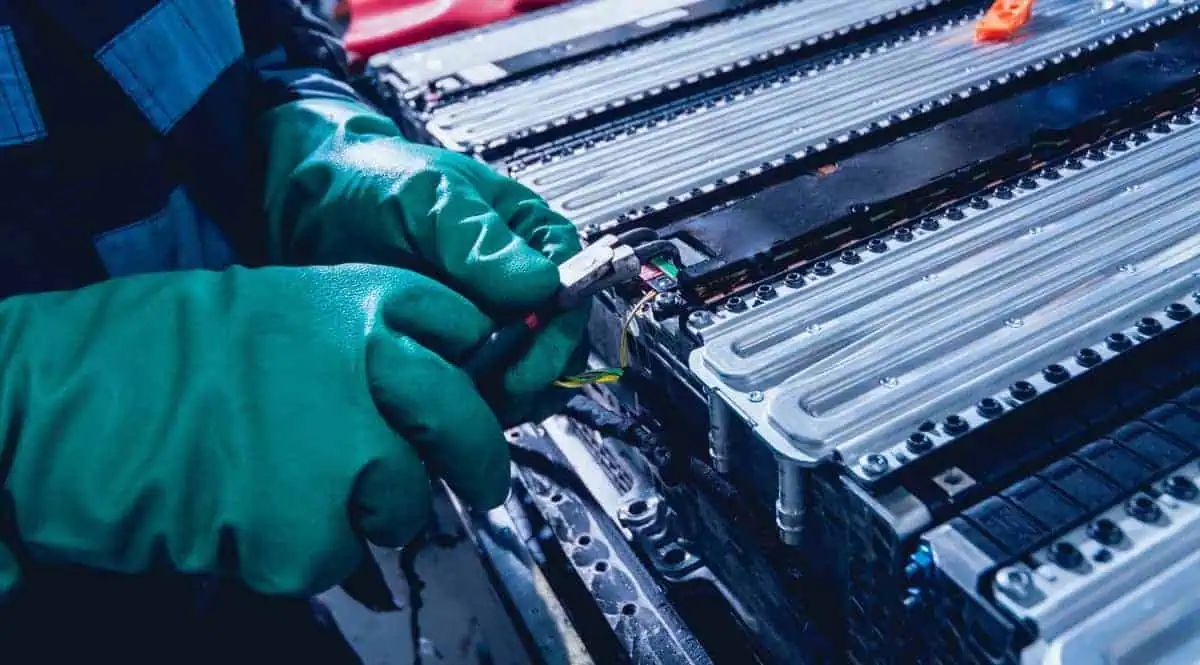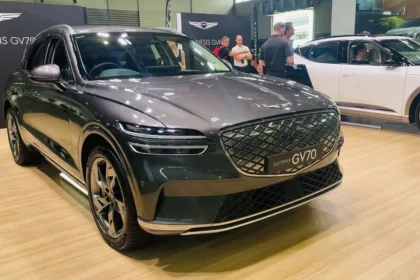Britain risks falling behind the EV race with looming battery challenges
Many automakers plan to make more battery-powered electric vehicles (EVs) to meet customer demand and support the Government’s net-zero goals. However, battery supply problems may hamper these plans.
Accordingly, local manufacturers have decided to import EV batteries from mainland Europe. After Brexit, a change in trading rules made it harder to get cheap batteries from Asia. So primarily, Britain must establish their own “gigafactories” to supply enough batteries to automakers.
Britain now risks falling behind in the race to position itself in the electric car segment.
“It’s not just about gigafactories, it’s about the whole infrastructure” of local auto suppliers, said Jim O’Boyle, a councilor in Coventry, central England, according to Reuters.
“If we don’t get it right, we could lose the whole bloody lot.”
Researchers Benchmark Mineral Intelligence forecasts that Britain will need at least 175 GWh of battery capacity by 2035 to supply around 3 million EVs. They also expect Britain to reach 56.9 GWh by 2030, against 821.3 GWh for the rest of Europe.
Britain also lacks enough battery manufacturing facilities, which may cause some automakers to leave. This will also result in unemployment of 170,000 people.
To address the issue of battery problems, the Government is allocating up to 1 billion pounds ($1.2 billion). The funding will be spent explicitly on developing the battery supply chain in the UK.
Britain will need four to six large battery plants to support the EV car industry. It currently has one small 1.9 gigawatt-hour (GWh) Nissan plant that produces batteries for EVs. There are also two larger plants planned.
In addition to Nissan, a new battery plant will be established under the start-up Britishvolt. The company will build a 3.8 billion pound ($4.8 billion) 38 GWh plant with 100 million pounds of government funding.
Meanwhile, the European Union already had a more established plan regarding the EV segment. They have plans to set up dozens of plants, some of them under construction. The EU also allocates 2.9 billion euros ($3.1 billion) specifically to support battery plants, with individual member states providing additional funding.
With new waves of EV models coming in the following years, the UK will have to step up and address the current issues it has to play in the global market of the EV industry.






